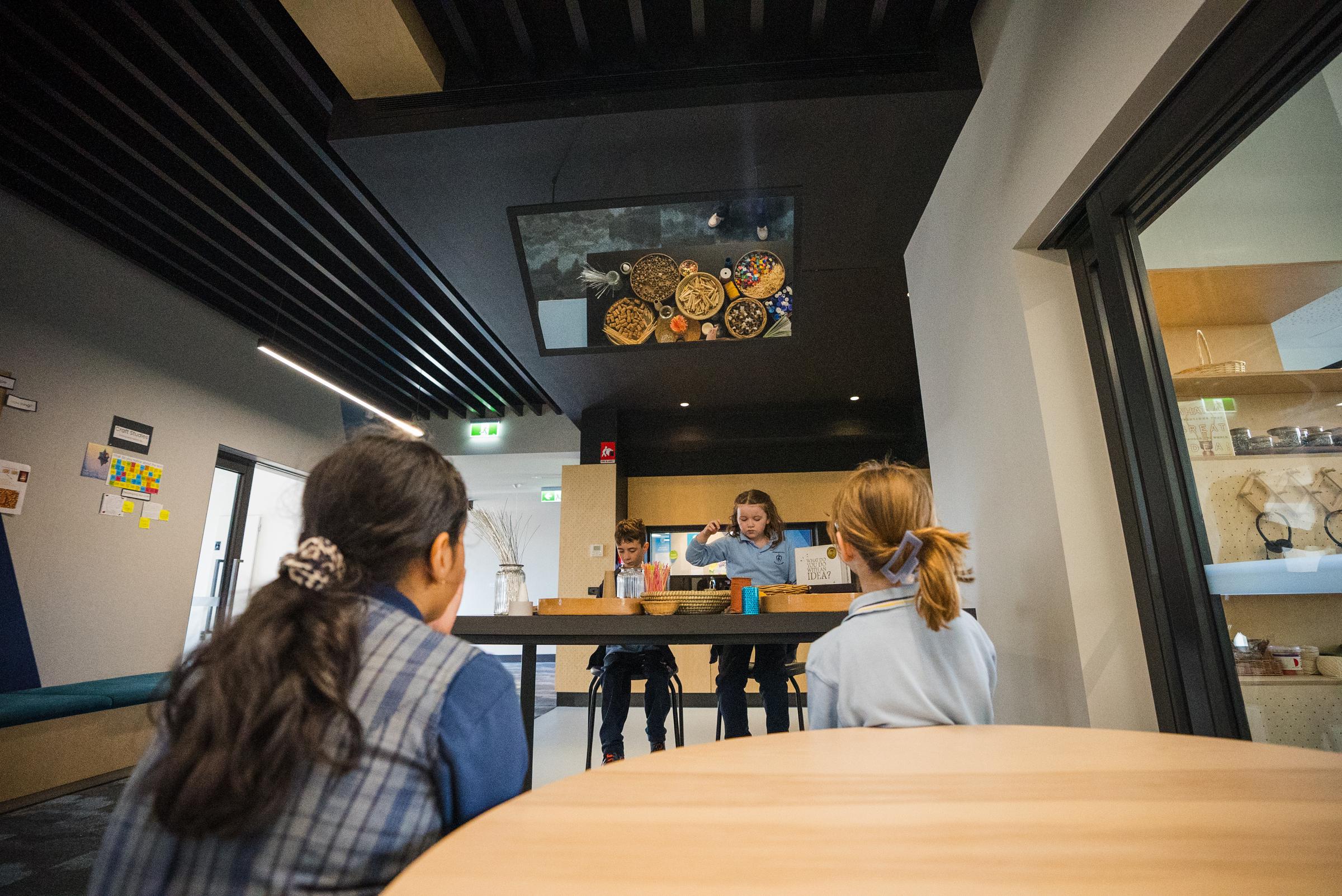Learning & Teaching

Maths
Multiplication and Division
In maths the children are learning about multiplication and division. Understanding multiplication lays a crucial foundation for higher mathematical concepts, and there are various strategies the children have been exploring in their hubs that you can reinforce at home.
Multiplication Strategies
Here's a quick guide to the strategies and some tips for practise:
1. Drawing Pictures: Encourage your child to draw pictures to represent multiplication sentences. This visual aid helps them grasp the concept more tangibly.
2. Grouping: Utilise blocks or everyday objects to help your child group items into equal piles. This hands-on approach aids in understanding the concept of equal groups and multiplication as repeated addition.
3. Array: Introduce arrays as a way to visually represent multiplication. By arranging objects in rows and columns, children can see how multiplication works concretely.
4. Number Lines: Number lines aren't just for addition and subtraction! They can also help introduce skip counting, a precursor to multiplication. Encourage your child to count up by the number they're multiplying by, starting from zero.
Tips for Strategic Practice:
Foundational Multiplication Facts:
- Start with the basics: multiplication by 1, 2, 10, and 11.
- Emphasise understanding rather than rote memorisation.
Mastering 3s, 4s, and 5s:
- Use doubling and grouping strategies to tackle the 3s and 4s.
- Utilise halving techniques for the 5s, connecting it to the 10s times table.
Nines Trick:
- Explore the patterns within the 9s times tables, helping your child understand the relationships between numbers.
Tackling 6s, 8s, and 12s:
- Employ multiples of 5 and 10 as stepping stones for efficiency.
- Break down larger multiplication problems into more manageable parts.
Division Strategies:
In division, children have been learning a variety of strategies to efficiently solve problems. Encourage your child to explore equal groups, partitioning, the inverse relationship with multiplication and sharing. These strategies provide a well-rounded understanding of division and strengthen mental maths skills.




